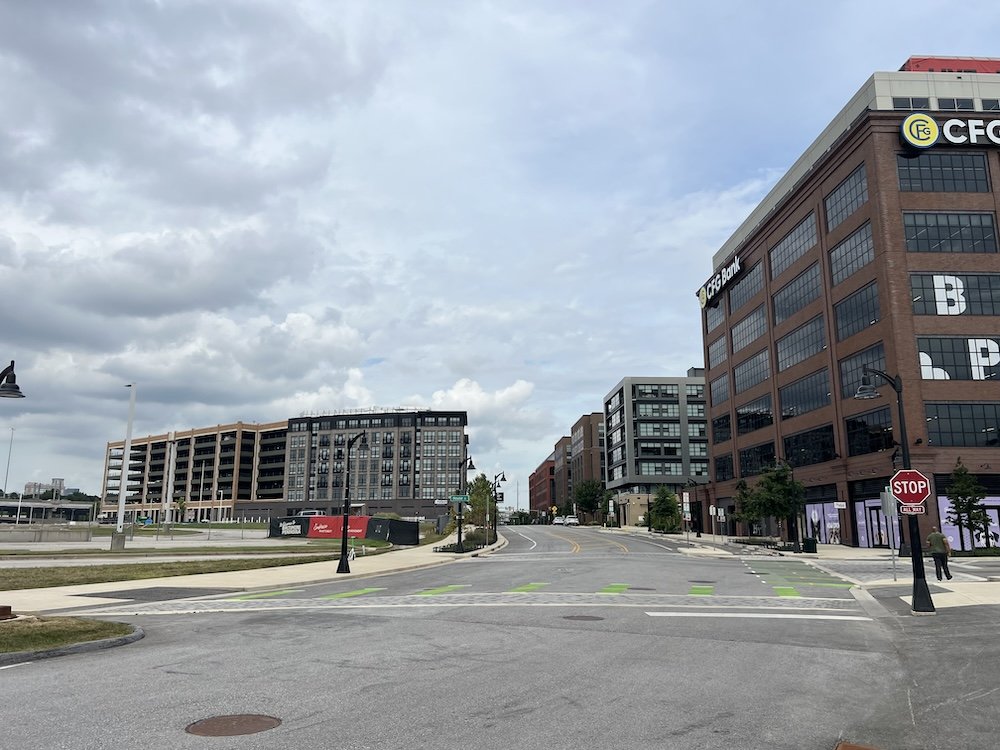A
s 2025 approaches, New Jersey's real estate market is poised for growth despite ongoing challenges in the industry. Experts predict a gradual recovery from years of hardship, driven by lower interest rates and increased optimism among commercial real estate professionals.
According to a report by PwC and the Urban Land Institute, reduced borrowing costs will aid price discovery and encourage an uptick in CRE transactions. "Sentiment is improving, although largely still erring on the side of caution," said ULI Global CEO Angela Cain. "We're glad to see early signs of capital markets poised for recovery."
Andrew Alperstein, a partner with PwC's US real estate practice, noted that while challenges persist, there are signs of improvement. "Industry optimism has grown in the last year, though there is an understanding that recovery will be gradual," he said.
Experts in real estate law also expressed optimism about 2025. Mark Levenson, chair of the real estate department at Sills Cummis & Gross, predicted a nice progression on the upward trend, with increasing economic activity and transactions. "I'm optimistic that there is going to be more transactions and a better outlook," he said.
The pandemic has accelerated changes in the industry, including the shift towards hybrid work models and increased use of technology. Levenson noted that this has led to enhanced efficiency and work output, but also created pressure to respond quickly to documents and requests.
Leasing activity is expected to continue as people return to the office, with a focus on downsized, more flexible workspaces. "As long as there are companies and employees around, there will be a need for some sort of space," Levenson said.
Mixed-use developments combining entertainment, office, and residential spaces have become increasingly popular, particularly in retail properties that have had to adapt to changing consumer behaviors. Owen Toland, a real estate salesperson with Serhant, noted that grocery-anchored centers are outperforming their peers, driven by consistent foot traffic and demand for space.
As interest rates fall, banks are expected to return to commercial real estate lending, creating opportunities for non-conventional lenders to gain market share. Levenson predicted a resurgence in lending activity, with private lenders stepping into the gap left by banks.
The growth of e-commerce has driven demand for industrial properties, particularly those close to major transportation hubs. Data centers, call centers, and server farms are also expected to benefit from this trend. New Jersey's desirable location, education system, workforce, and lower cost of living make it an attractive destination for enterprises.
However, the cost of implementing green technology in commercial buildings can be significant, and Levenson noted that there needs to be an economic balance between sustainability and affordability. "If you're going to invest all sorts of money into renewable buildings, there's got to be a payback," he said.















